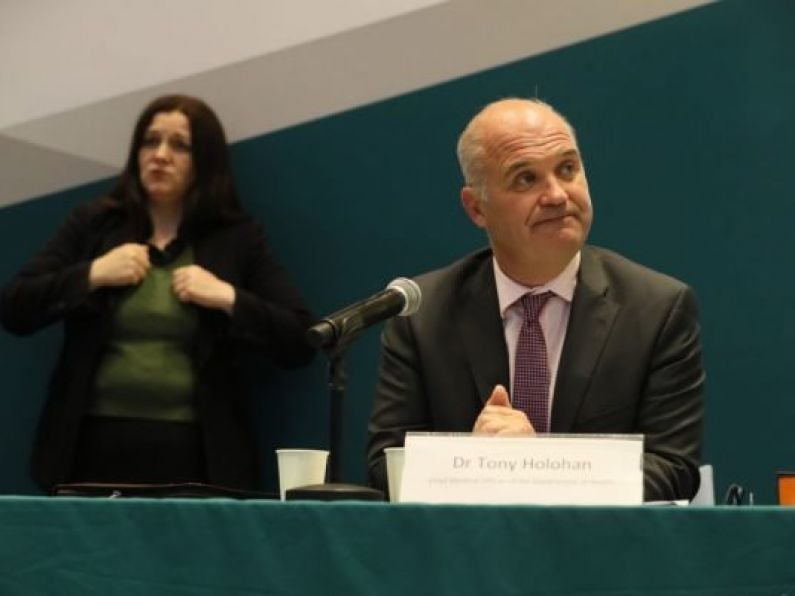Digital Desk Staff
Public health officials considered a proposal by the Department of Health to reduce Irish people’s allowable social contacts to a strict group of six for at least the next six months, but dismissed it for being “unrealistic”.
As the Irish Examiner reports, newly released minutes detail the considerable deliberations the National Public Health Emergency Team (Nphet) engaged in on how best to reduce virus restrictions coming up to Christmas.
They also note a general malaise among the public regarding the extended nature of the pandemic, and the nature of Irish health advice and restrictions.
“Perceived unfairness of restrictions is beginning to affect overall trust in guidance, but people are willing to make some sacrifices if they can do the things they value most,” the meeting of November 5 noted.
The minutes say the pandemic has now become “normalised”, with people now focused “on how to cope with the restrictions” in terms of finances and mental health.
However, the team noted that the introduction of seemingly arbitrary or illogical restrictions is becoming less viable.
Exclusive group
“People want to know the Government strategy for the next year and to understand the logic behind the guidelines,” the minutes state.
“In the absence of this they feel blinkered and disempowered.”
The minutes show reservations among NPHET members when considering the ‘safe socialising’ proposal brought to the table on November 5th by the Department of Health’s communications team.
Key to that proposal was the idea that “people should socialise with an exclusive group of six people from outside their household for the next six months or until a vaccine is distributed”, with dispensation for young adults living at home to have a “group of six separate to their parents”.
However, many members of NPHET saw the proposal as a non-runner, particularly given its reliance on the implementation of a successful vaccine.
They also noted that the idea could be seen as “exclusionary”, particularly for younger people.






